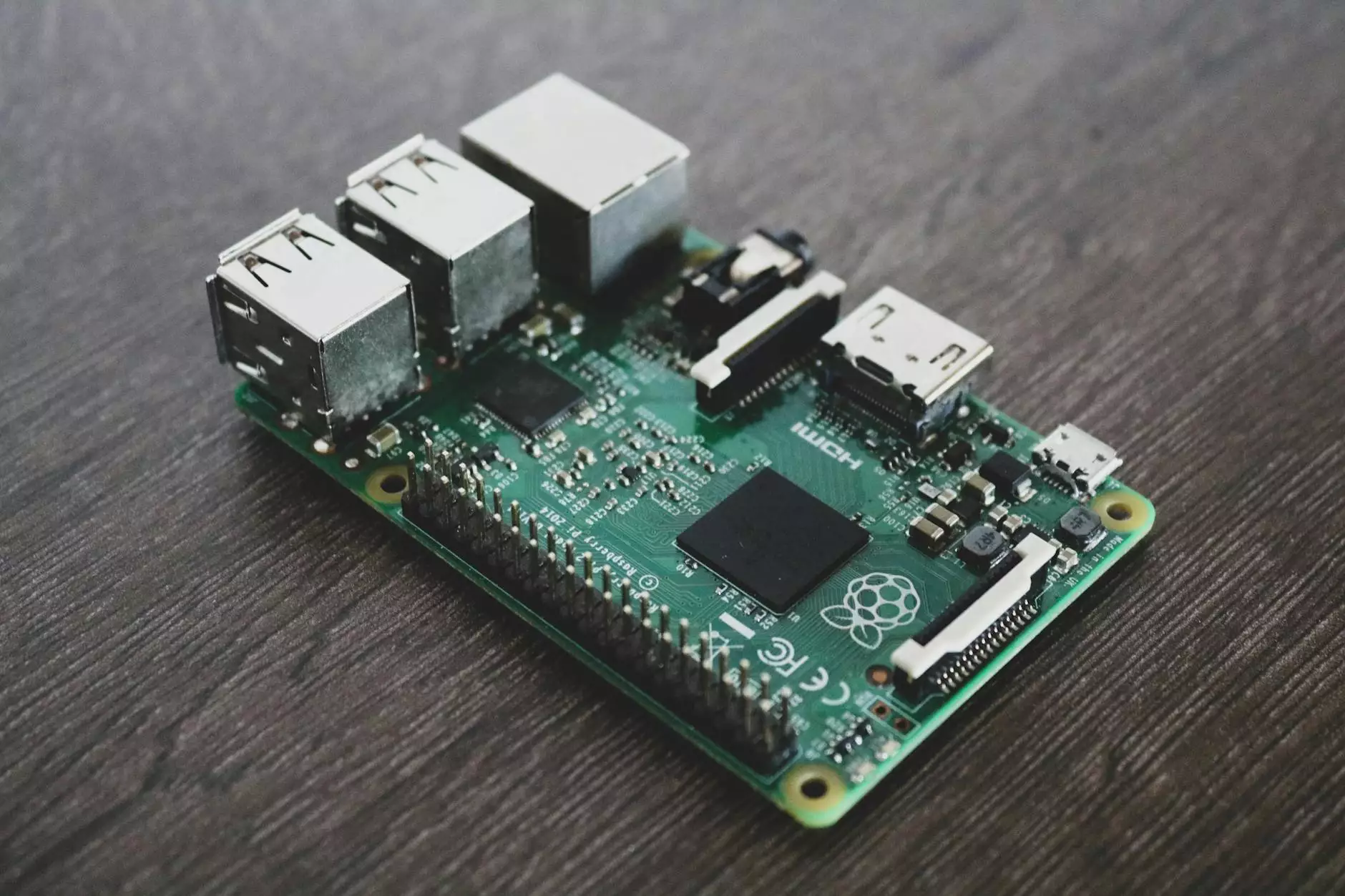Understanding Plastic Surgery Instrument Companies: Innovations and Impact

The field of plastic surgery has significantly evolved over the years, driven by advancements in technology and an increasing demand for aesthetic and reconstructive procedures. Central to this transformation are the plastic surgery instrument companies, which manufacture and supply the specialized tools that enable surgeons to perform intricate procedures effectively and safely.
The Role of Plastic Surgery Instrument Companies
In the realm of cosmetic and reconstructive operations, the precision and effectiveness of the surgical instruments are paramount. These companies play a critical role in shaping surgical outcomes through the design and production of high-quality tools.
1. Innovation in Surgical Instruments
Today's plastic surgery instrument companies focus on innovation, developing instruments that incorporate the latest technology. Some key innovations include:
- Ergonomically Designed Tools: Instruments that fit comfortably in a surgeon’s hand reduce discomfort during lengthy procedures.
- Minimally Invasive Techniques: Tools designed for laparoscopic surgeries allow for smaller incisions, reducing recovery times.
- Smart Surgical Tools: Incorporating sensors and advanced materials to enhance surgical precision and outcomes.
2. Compliance and Quality Standards
Quality is non-negotiable in the field of medical instruments. Companies in this sector adhere to stringent regulatory standards, including:
- ISO Certification: Ensuring products meet international quality and safety standards.
- FDA Approval: Gaining clearance from the Food and Drug Administration for surgical instruments used in the United States.
- CE Marking: Indicates conformity with health, safety, and environmental protection standards for products sold within the European Economic Area.
The Contribution of Plastic Surgery Instrument Companies to Healthcare
The impact of these companies extends beyond the manufacturing of instruments. They contribute significantly to the healthcare sector and patient outcomes through several avenues:
1. Improved Patient Safety
Modern materials and designs enhance the safety of surgical procedures. For instance, tools specifically engineered to minimize tissue trauma help reduce recovery time and complications.
2. Enhanced Surgical Precision
Due to the innovative designs of tools, surgeons can achieve greater accuracy during procedures. This results not only in better aesthetic outcomes but also in rebuilding functionality for reconstructive surgeries.
3. Training and Education
Many plastic surgery instrument companies engage in educational initiatives, providing training for new surgeons on the use of advanced instruments. This helps ensure that new technologies are used effectively.
Key Categories of Instruments Used in Plastic Surgery
The plastic surgery arsenal consists of various instruments, each designed for specific functions:
1. Cutting Instruments
These instruments include:
- Scalpels: Used for incisions with precision.
- Scissors: Various types for cutting skin and tissue.
2. Grasping and Holding Instruments
These are vital for maintaining control during procedures:
- Forceps: Used to hold tissue or other instruments.
- Clamps: For controlling bleeding by occluding blood vessels.
3. Suturing Instruments
Tools designed for closing incisions:
- Suture Needles: Used to stitch the skin or tissue together.
- Needle Holders: Assist in suturing by keeping needles secure.
Choosing the Right Plastic Surgery Instrument Company
For healthcare providers, partnering with a reputable plastic surgery instrument company is crucial. Here are some factors to consider:
1. Reputation and Experience
Established companies with a history of excellence can provide assurance regarding the quality of their products and reliability of service.
2. Product Range and Innovation
A diverse product offering and a commitment to innovation indicate a company’s ability to meet complex surgical needs.
3. Customer Support and Education
Effective training resources and responsive customer support can significantly enhance a surgeon's experience and success rates.
Future Trends in Plastic Surgery Instruments
The future of plastic surgery instruments is poised for rapid advancements. We can expect trends that include:
1. Integration of Robotics
Robotic-assisted surgeries are gaining popularity, and as technology evolves, we can expect advancements in robotic instruments designed for precision in plastic surgery.
2. Sustainable Materials
With a growing focus on environmental impacts, many companies are investigating sustainable materials that offer both functionality and ecological benefits.
3. Customization
The move towards personalized medicine will also reflect in tailored instruments that cater to specific patient needs or surgical specialties.
Conclusion
The landscape of plastic surgery is changing, and the plastic surgery instrument companies are at the forefront of this evolution. By continuously innovating and adhering to high standards, these companies provide the tools that surgeons rely on to change lives. As technology advances, the future of plastic surgery looks promising, with instruments that not only enhance the surgical experience but also improve patient outcomes.
For medical professionals and institutions looking for quality surgical instruments, establishing strong relationships with reputable manufacturers is key. The advancements driven by Grey Medical and similar companies will continue to shape the future of healthcare, ensuring that surgical practices evolve to meet the needs of an ever-growing and diverse patient population.









